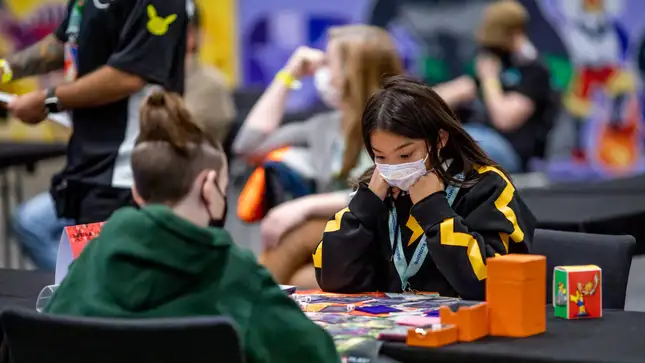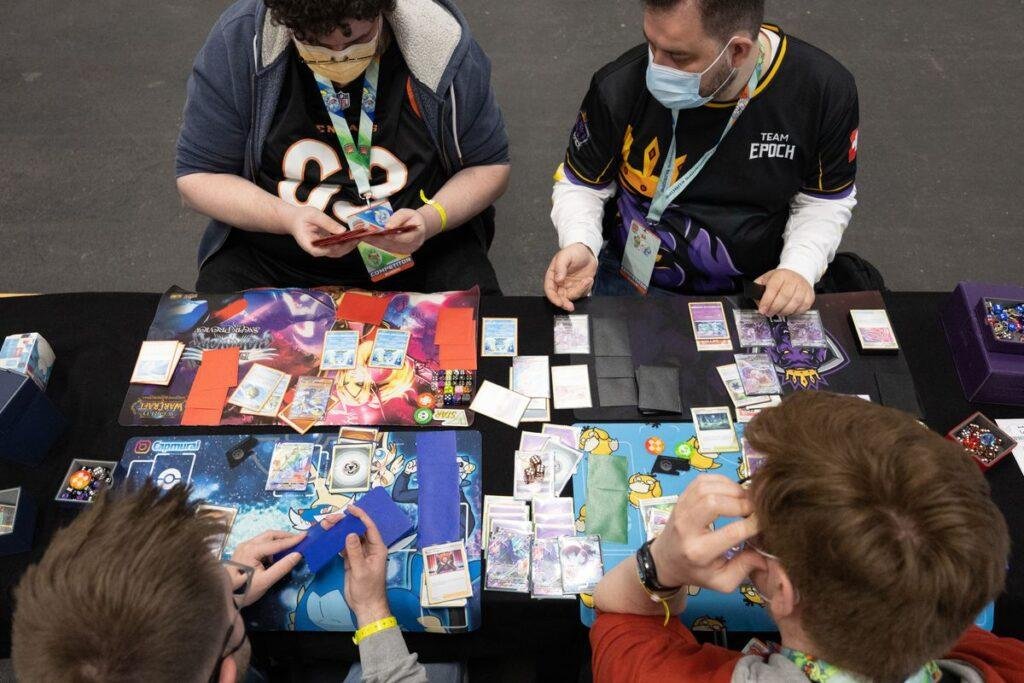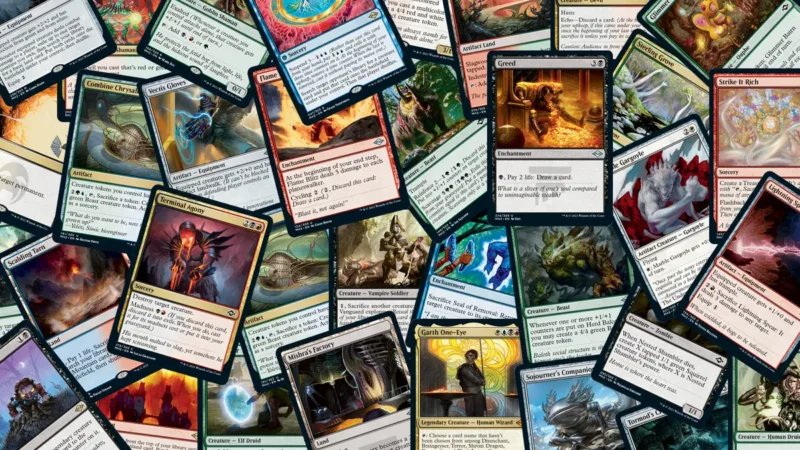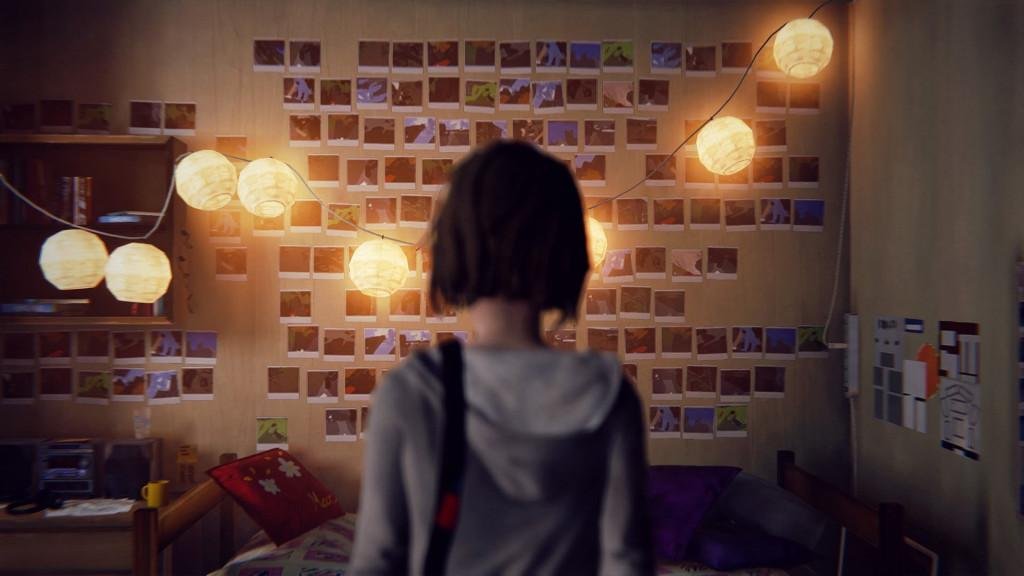Last week, we addressed the hardest part of any competitive trading card games journey: the murky depths of losing.
Now we’re continuing from where we left off, and looking at actual practices you can apply during your tournament run to make sure you keep making objective decisions in the heat of the moment.
1. During A Match
Sometimes you realize you made a mistake the very moment after you make it, but it is already too late to retract the play or adjust it. Sometimes it even happens during crucial matches where this one single misplay or mistake can change the course of the match itself.
You have the next 3 turns planned out, confident with your play for the upcoming turns. You untap and draw for turn, realize you have got a major top deck, and immediately without thinking much, slam said top deck onto the battlefield.
After the adrenaline has worn off, you realize the horror at the error you made, and your head space starts to waver. Usually after this moment, realization hits you harder, your heart sinks, and your shock system goes into overdrive. You halfheartedly finish your turn sequence, take a long pause during the attack step, make terrible attacks or blocks, and the deeply unconfident vibe lingers on. The rest, as they say, is history.
This can happen many times to you depending on the amount of pressure you have been facing throughout the tournament, as this could be the win and in for the Top 8 or even the finals of the tournament itself. Here are a few things you can do to regain composure of the situation at hand:

a) Stop immediately after committing the first misplay without any cues
Most of the time, after making a mistake, you make a tell of sorts (loud click with your tongue, exasperated sigh, talking out loud) and the first step to rectifying any mistake is to make sure you are not exposing the misplay. Stopping directly after this halts your adrenaline rush and gives you a short moment to realign your game plan.
b) Ask your opponent for an honest take back
This is not conventional but sometimes you are playing against a player you are familiar with or are even friends with. If the misplay is not too erroneous, ask for an honest take back. As a player, there are misplays that even you yourself would allow for a take back as the game is also about sportsmanship. While the final decision depends on your opponent, making the ask is yours.
c) Ask for a few minutes to recollect your thoughts
If the above does or does not work, ask a judge for a moment of respite to clear your head and assess your situation. Keep in mind some positions are recoverable after a bone crunching mistake, but most of them are not. Having a moment to yourself and going through your strategy once again will restore confidence and also your momentum.
What can we takeaway from the above situation? You need to instill in your tournament instincts a reflex for when you have made an error, before you make any other play that could snowball that mistake.

2. During A Tournament
Experiencing a good start and suddenly come across your first loss? Or worse, experiencing a losing streak that does not seem to let up? How do you deal with these situations in a tournament setting without seeming like a total douchebag?
a) Refocus and/or regroup
Find a quiet spot to reflect and refocus your mental game. Practice any mental exercises you know and look to enter a neutral emotional state. Trust me, you will play much better in the next round. In this instance, having friends or a team pays off handsomely as you can clear some of the negative emotion with a team mate surrounding a bad match or a bad decision made. However, remember to only get enough out for you to feel better and compartmentalize the rest of your emotions for later.
b) Keep playing
Dropped out of a bracket finish? Instead of dropping out of the tournament, continue the journey and keep playing. This is a testament to your attitude more than anything else. When you continue playing in a tournament setting, you hone your competitive chops and keep your mental game extremely solid for the times to come.
c) Drop out of the tournament
If you have genuinely tried everything listed above with PROPER EFFORT, giving it your best, and you just can’t seem to shake the tilt or anger from your emotional state, drop out of the tournament and remove yourself from negative contention. Usually this is not something I would condone as it defeats the purpose of the competitive spirit. However, there are times where you are so emotionally overwhelmed or distraught, it is best to remove yourself from the equation to prevent the good time others are having.
What can we takeaway from the above? Learn how to regulate your mental and emotional state as close as possible to neutral state so that you are always composed.

And that is all for this week! Next week we delve into what you can do after your tournament run to improve your methods of dealing with losses.












